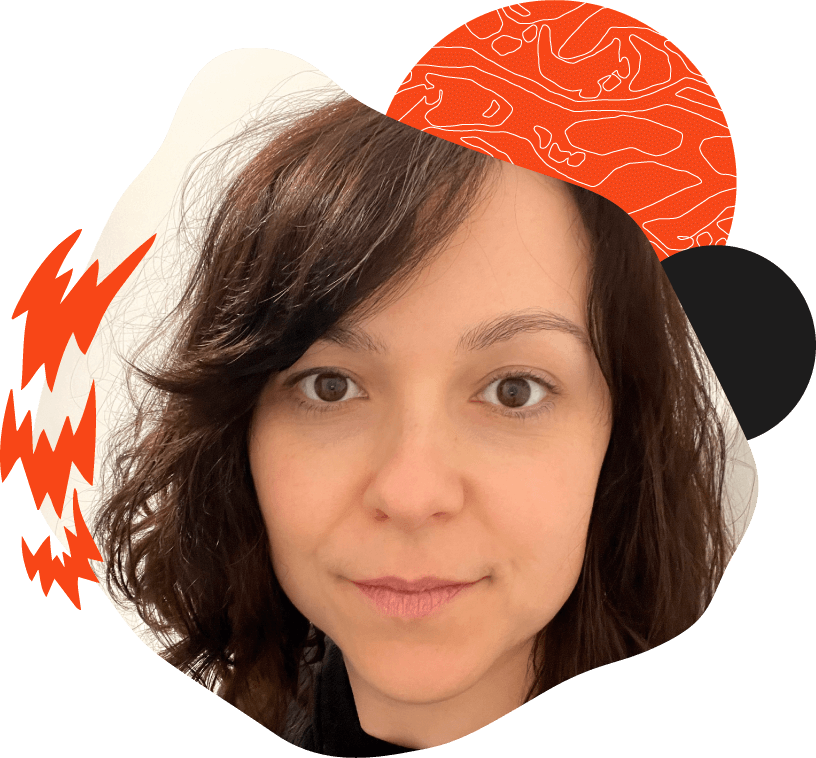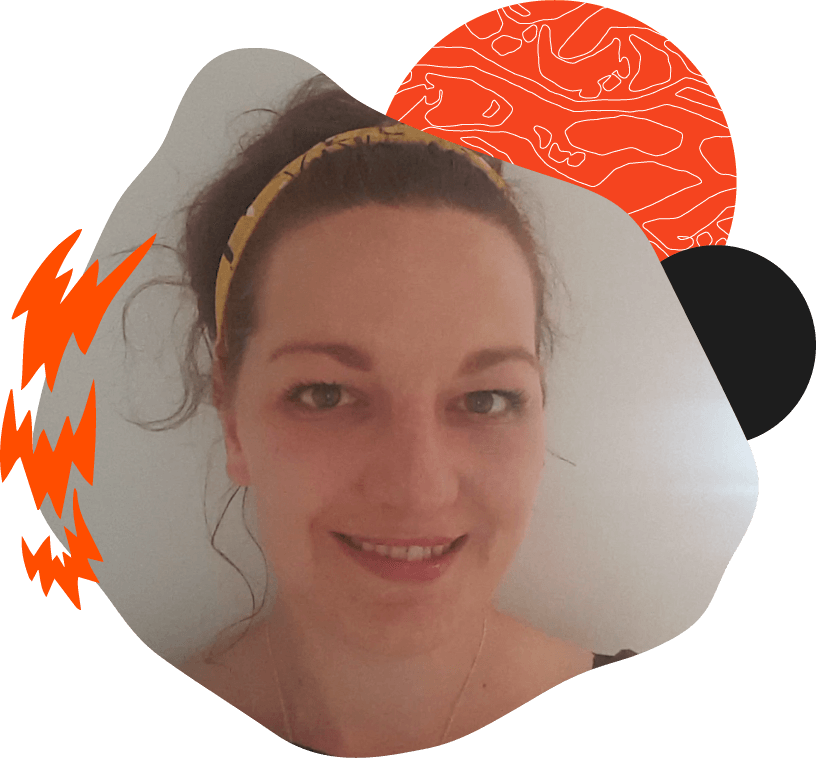What you will learn
-
Unit 1 - Approaches to Child Psychology
In the opening unit, you’ll take a look at psychology as a science, as well as some of the differing approaches to child psychology such as nature Vs nurture. You’ll examine Bronfenbrenner’s bioecological systems model of child development, as well as the ‘evolutionary’, ‘social’, ‘information processing’, and ‘psychodynamic’ approach.
-
Unit 2 - Theories of Development
In the second unit, you’ll examine the cognitive development of humans as they grow, and the psychological stages we move through as we mature. You’ll study Kohlberg’s stage theory of gender development, along with Dr John Money’s bio-social theory. Moving on, you’ll take a look at how children’s language skills develop, along with Chomsky and Bruner’s theories of language acquisition. Finally, you’ll learn how children gain a sense of morality and ethics, and take a look at classical conditioning and social learning theories.
-
Unit 3 - Methodology and Report Writing
In unit three, you’ll learn how psychological research is conducted, the difference between types of data such as quantitative and qualitative, along with some of the ways in which data is collected. You’ll also discover how data is analysed and presented, as well as how research reports are written.
-
Unit 4 - Disorders During Childhood
In the fourth unit, you’ll delve into the two aspects of positive psychology, and gain a thorough understanding of the concepts of deprivation, delinquency, and privation through the examination of relevant case studies. Finally, you’ll learn about biological and educational differences such as Down’s Syndrome and autism as causes for developmental delay.
-
Unit 5 - Applications – from Theory to Practice
Unit five will cover the psychology of friendship, bullying, and play, along with the developmental theories relating to each. You’ll also take a look at some of the interventions which have been created in order to tackle the problem of bullying.
Awarding Body

With a heritage stretching back over 150 years, NCFE is one of the largest awarding bodies in the UK. Over 340,000 students were awarded certification by NCFE last year.
NCFE Customised Qualifications are bespoke, unregulated qualifications developed to meet the specific needs of learners. These courses fit in where there are no other regulated qualifications are available. Meaning you can achieve recognition from a well-respected awarding body, even if there isn’t a pre-existing qualification in a certain subject area.
View our other NCFE Customised Qualification qualifications.
With a heritage stretching back over 150 years, NCFE is one of the largest awarding bodies in the UK. Over 340,000 students were awarded certification by NCFE last year.
Course Outcome
At the end of this course, successful learners will receive an NCFE Customised Qualification and a Learner Unit Summary (which lists the details of all of the units you have completed as part of your course).
How is this course assessed or examined?
Throughout this course, you may be expected to complete assignments, essays, research projects, presentations, video/audio recordings, and practical learning sessions to meet the requirements of your course. This information will be included in your study pack detailing exactly what you need to do to accomplish your goals as a student.
Entry requirements
There are no formal entry requirements for this course, however, it is recommended that you have an intermediate ability to read and write English.




